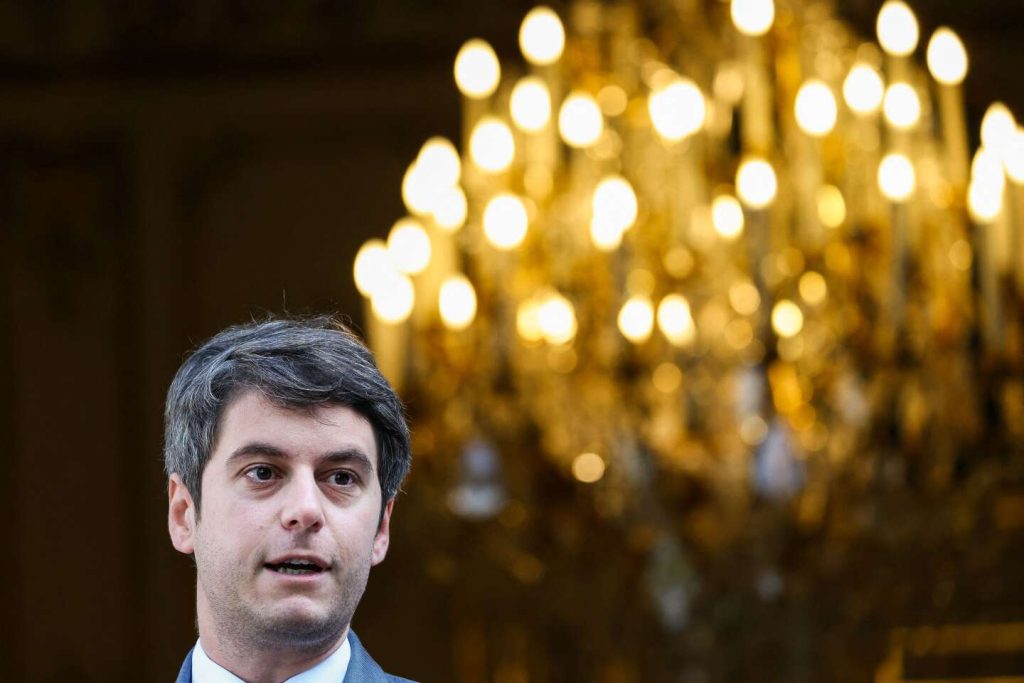Prime Minister Gabriel Attal stated on Saturday, April 27th that there will never be a right to block universities, following a tense pro-Palestinian demonstration at Sciences Po Paris that ended with an agreement between protesters and the administration. Attal emphasized that there will never be a right to block or tolerate the actions of a dangerous minority that seeks to impose its rules on students and teachers. He expressed his dismay at the disruptive demonstration and partial occupation of the Parisian institution by pro-Palestinian protesters, which led to confrontations with pro-Israel demonstrators.
However, the situation calmed down in the evening when the administration announced the suspension of disciplinary procedures and the organization of an internal debate the following week. Attal criticized the disruptive minority, allegedly influenced by political forces, particularly La France Insoumise (LFI), for attempting to disrupt the functioning of the institution. Minister of Higher Education Sylvie Retailleau thanked the Sciences Po administration for the agreement that ended the movement in the institution, emphasizing the importance of maintaining a place of study, respect, and peaceful debate.
Opposition leader Eric Ciotti of The Republicans deemed the agreement a “unbearable submission,” accusing Sciences Po of capitulating to the intolerable demands of far-left student blockers. Additionally, the International League against Racism and Anti-Semitism (Licra) had to relocate its national convention planned at Sciences Po in Reims to the town hall due to a campus blockade in support of the Palestinian cause. The organization criticized the blockade organized by students supported by LFI, denouncing the methods as oppressive and unacceptable.
On the other hand, student unions, including Union étudiante and Unef, called for intensified mobilization at educational institutions to protest what they perceive as an authoritarian turn by the Prime Minister. Unef urged young people to take action in their educational spaces in legitimate ways to denounce attempts to silence them. University of Strasbourg President Michel Deneken contradicted reports of chaos in French universities, asserting that the mission is to promote peaceful and academic exchanges rather than political exploitation or shouting matches.
In conclusion, the events at Sciences Po Paris highlight tensions around political activism and freedom of expression in educational institutions. The clash between pro-Palestinian and pro-Israeli demonstrators, along with the subsequent negotiations between protesters and the administration, underscore the challenges of maintaining academic spaces for dialogue and debate. The response from government officials, opposition leaders, and advocacy groups reflects the broader societal divisions and debates surrounding issues related to Palestine, Israel, and freedom of expression in academia. Moving forward, efforts to address these tensions and uphold principles of respectful dialogue and academic freedom will be crucial for ensuring a constructive and inclusive educational environment.


